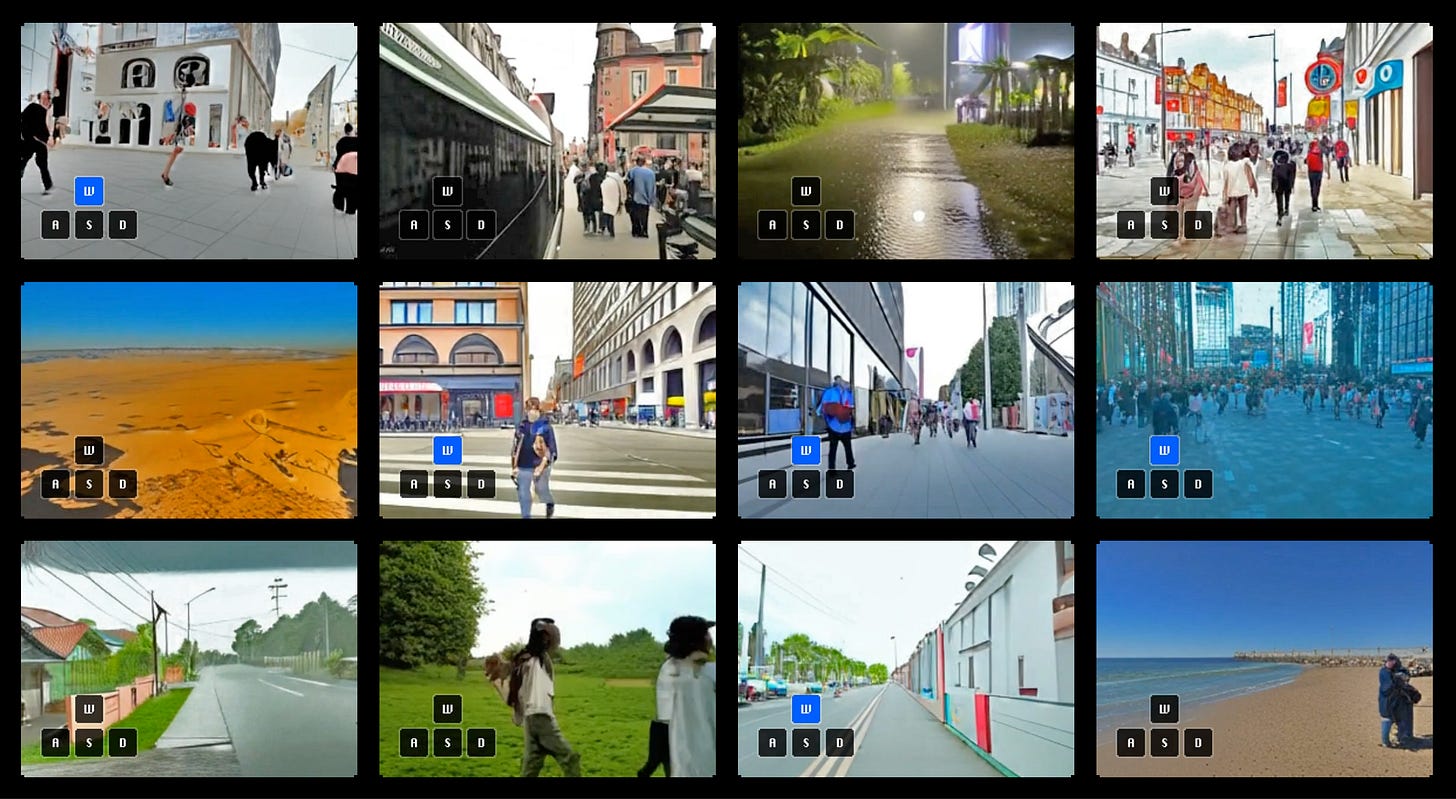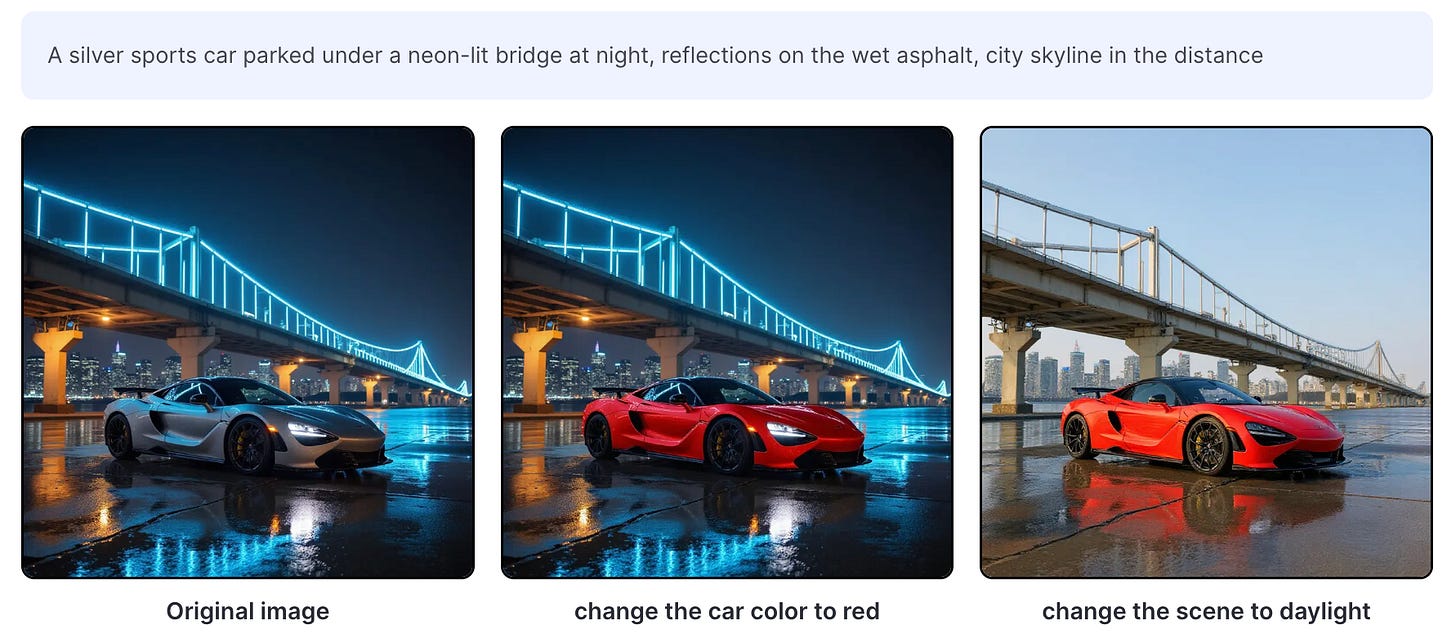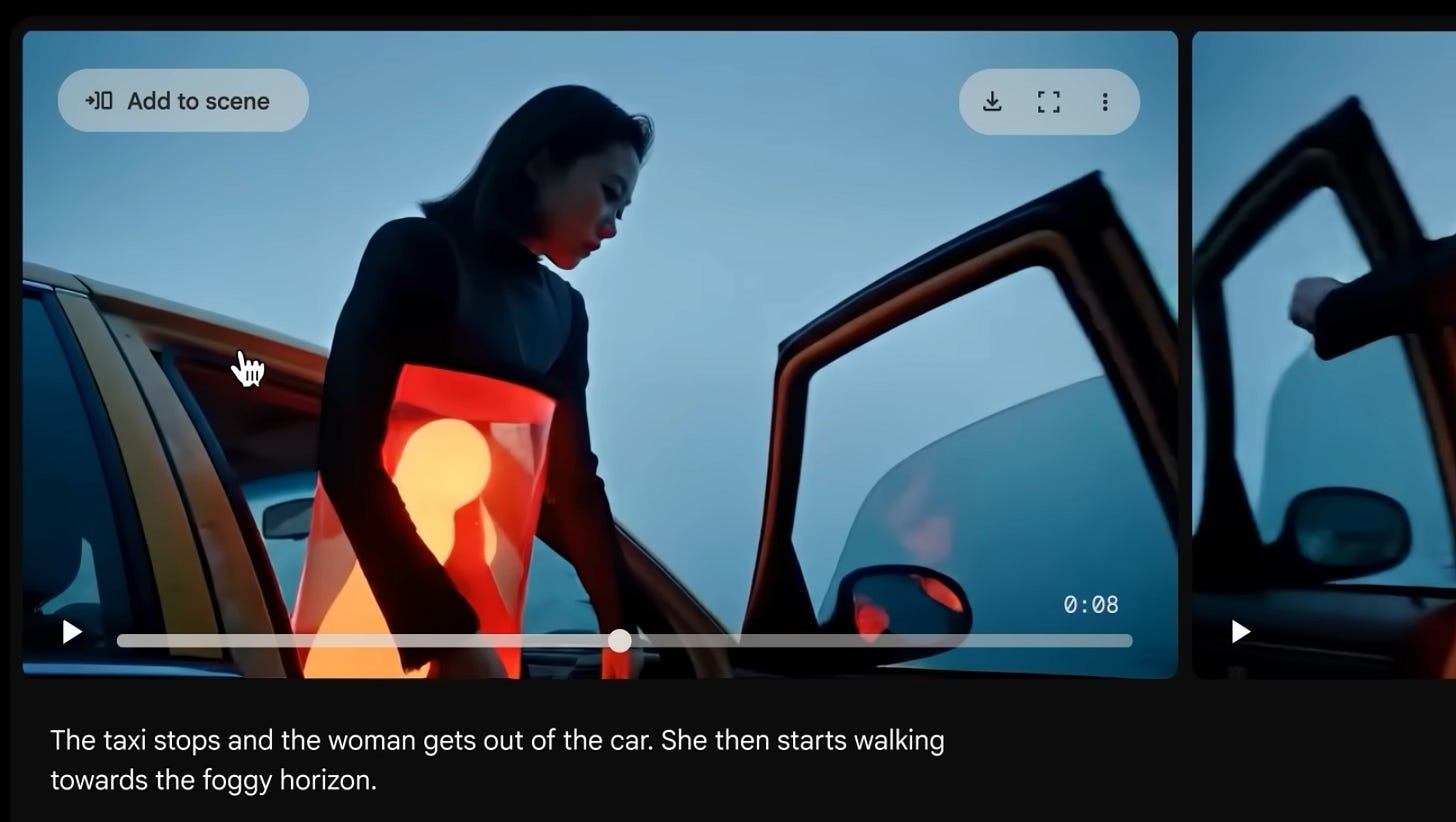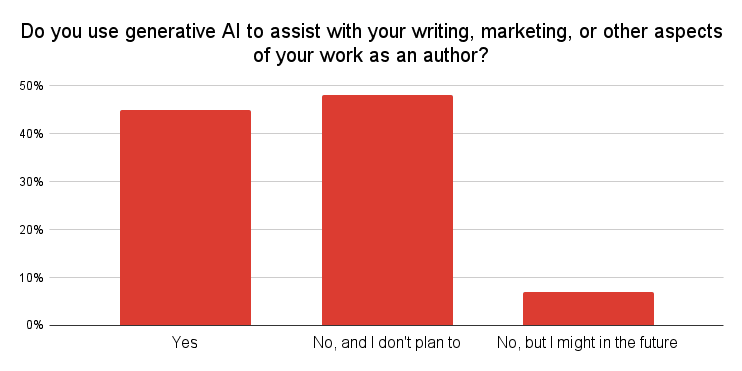🪞 Welcome to Diffusia
Week of June 1: Odyssey introduces interactive video; Black Forest Labs releases Kontext; Google's Veo 3 continues to make the rounds
Hi :) I’m Ari – and this is the first issue of Diffusia, something I’ve been dreaming up for a while.
Each week, I’ll share a carefully curated pulse of AI news and experiments – specifically tailored for artists, writers, designers, filmmakers, and other creative minds.
The AI industry is moving dizzingly fast. It can feel impossible to keep up – and for many of us, it might seem like these tools are here to replace entire creatives industries. But I believe that’s why artists need to stay informed, resilient, and adaptable. Diffusia is my way of translating that noise into something coherent, digestible, and hopefully inspiring.
I’m glad you’re here.
– Ari
🌐 Two Big Headlines
1. Odyssey’s new AI model generates interactive 3D worlds

Odyssey, a startup founded by self-driving pioneers Oliver Cameron and Jeff Hawke, has unveiled an AI model that enables users to interact with streaming video in real time.
They’re calling it interactive video – video you can both watch and interact with, imagined entirely by AI in real-time. Users can explore AI-generated worlds – forests, malls, parking lots – using keyboard controls, with new frames streamed every 40 milliseconds. No game engine required.
Why it matters: This tech blurs the line between video, gaming, and immersive/interactive media. For artists, it hints at a future where creating interactive worlds won’t require coding or game dev software – just imagination. Imagine works, exhibitions, or portfolios that feel like stepping into another world.
Try the Odyssey preview here.
2. Black Forest Labs releases Kontext, allowing you to edit images via text prompts
Black Forest Labs released FLUX.1 Kontext, an AI model that enables precise image editing via text prompts. Unlike traditional AI image generation, which re-renders everything from scratch, Kontext lets you make incremental changes (e.g., “change the car color to red”) while preserving continuity. Each edit builds on the last, streamlining the creative process. Runware has a great breakdown here.
Why it matters: Anyone can now do photoshop-level edits with simple text input. Try it here.

💡 Google I/O Recap: Veo 3 and Flow

At Google I/O 2025, Google unveiled Veo 3 and Flow – two AI tools designed to reshape creative workflows for artists, designers, and storytellers.
Veo 3 is Google's latest generative video model, capable of producing HD 1080p video from text or image prompts. Crucially, it can generate sound effects, ambient audio, and even dialogue to accompany the video.
Flow is a new AI filmmaking platform that combines Veo, Imagen, and Gemini to help creatives build cinematic scenes. Unlike OpenAI’s Sora, Flow includes native audio generation – Google’s all-in-one answer to AI-powered filmmaking.
Consider this: just a few years ago, AI struggled with basics like fingers and anatomy. At this pace, the line between real and AI-generated video could soon disappear.
🌀 Other Currents
🖋️ Writing & Publishing
Audible is giving publishers AI tools to make more audiobooks. The Amazon subsidiary is introducing AI narration and translation tools for publishers, utilizing over 100 AI-generated voices across English, Spanish, French, and Italian, with support for accents and dialects.
Another AI writing scandal hits the self-publishing world as readers find AI prompts within books (aka, the authors used AI to help write). Although unfortunate – hire editors, people! – this is a symptom of the increasing use of AI in the writing world: a recent BookBub survey of over 1,200 authors reveals a near-even split on the adoption of generative AI in writing. Approximately 45% of respondents are currently using AI tools, primarily for research, brainstorming, and marketing tasks.

🎨 Visual Arts
TIME interviews photographer Dahlia Dreszer, whose May show in Green Space Miami featured AI-enhanced and AI-created work. This interview is from earlier in May, but I still find it a refreshing perspective.
🎞️ Film & Video Production
Darren Aronofsky partners with Google to produce AI-enhanced short films, premiering at Tribeca on June 13.
Kling, a web-based video-generation AI tool, releases its 2.1 upgrade. Kling 2.1 can generate high-quality 1080p videos in less than a minute, speeding up production. (Release notes)
📺 Watch This
We Tested Google Veo and Runway to Create This AI Film (7 minutes)
WSJ journalist Joanna Stern uses Veo and Runway to create a 3-minute short film. The technology isn’t perfect – people in the comments are already pointing out mistakes – but keep in mind that the technology will only keep getting better. Watch the short film + how they put it together below.
The Mirroring Spirit of AI Technology (Excerpt, 5 minutes)
Artist-writer Gabi Abrão and AI expert Harper Carroll discuss using AI for creative work. I love Gabi’s work; she offers what I would call an artistic-spiritual perspective on our inner and outer worlds. Her book club this month explores The Metamorphosis of Prime Intellect, a 1994 novella dealing with the idea of technological singularity. Subscribe to Gabi’s Patreon here.
Influenders (4 minutes)
Created using Veo 3, this short film by AI visual studio The Dor Brothers shows a series of influencers reacting to as an unexplained disaster in the background. The film showcases Veo 3’s outstanding audio and dialogue capabilities.
"Yes, we used Google Veo 3 exclusively for this video, but to make a piece like this really come to life we needed to do further sound design, clever editing and some upscaling at the end," Yonatan Dor wrote in an email to Mashable. "The full piece took around 2 days to complete."
🗣️ What the Internet is saying…
…on Odyssey (Reddit):
"This sort of thing will eventually be the turning point in human acceptance of AI. There will simply never be anything more addictive than giving people the opportunity to inhabit and explore infinite real time customizable worlds, with persistent AI NPCs, in any theme or era or subject matter you choose.
As real society gets more and more bleak, people will retreat to their preferred little worlds with their AI friends who love them and listen to them and console them over months and years.
Obviously we've already seen that kind of retreat over the last couple of decades, but the technology to really feel like you inhabit that world hasn't quite been there yet. But this is just a little bit closer than we've ever been before.”
…on Veo 3 (Reddit):
It's also the beginning of a boom in Indy movies and tv shows that can compete with big studios. I imagine self published movies and tv shows on YouTube are going to happen pretty soon. Books that get made into audiobooks will probably start getting made this way into movies or tv shows.
This is probably a bigger threat to big studios than it is to the small ones. It is obviously a threat to the people that make movies now, crew, cast, make up, special effects etc. Like how digital cameras were a threat to people that made and developed film. Or eReaders to book makers. Photoshop changed that industry too.
What do you think? Join the discussion in the comments below.
📬 Got a new tool, project, or story to share? I’d love to hear from you. Reply to this email or message me here. Submissions, tips, and experiments are all welcome.









Really solid stuff. I skim a lot of newsletters, but you've carved out a niche. Here via kk in the WoP chats
Ok this is so awesome . Thank you for the inclusion and the wonderful curation of AI topics I'm actually interested in... the fun video and art stuff... lovely... subscribed af